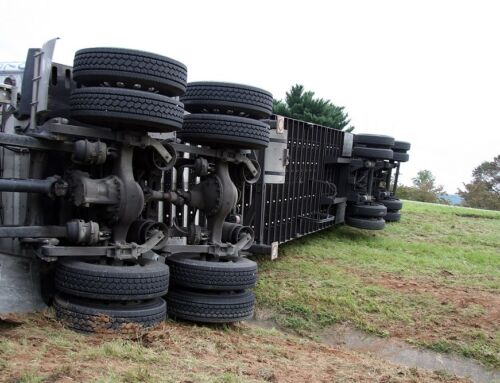Car accidents are not cheap. If you are in a car accident then you will have to deal with repair bills, legal fees, and medical bills from any injuries you sustain. However, if someone else was responsible for your car accident and injury, then you could file a personal injury lawsuit and receive compensation.
In general, when you are in a car accident and file a lawsuit, the other driver’s insurance company will be responsible to pay your damages, but not your legal fees. Depending on the exact specifics of the accident and the exact damages, the amount that you are judged entitled to could differ.
How are Settlements Calculated?
Considering the fact that no two accidents are the same, no two injury suits will be identical. As such, there is no true one-size-fits-all question to how much you can get from your settlement. In some cases, you may be entitled to a little, in some cases a lot. Typically, compensation is based on some key factors:
- Damages to property (car, house, etc.)
- Current and future medical bills
- Lost wages from missed work
- Pain and suffering
- Type of injury (objective v. soft-tissue)
- Amount of available insurance
The severity of the accident and the severity of your injuries play a large role in determining your total compensation. A small fender bender with minimal injuries would be settled for a lesser amount while a massive accident that caused permanent damage may entitle you to larger settlements.
Types of Damages
There are usually considered two types of damages you can file suit for: special damages and general damages. Special damages are any economic damages, which includes obvious candidates like the cost of your, any lost wages, and medical bills incurred. Calculating economic damages is a fairly straightforward task and involves tallying up all your current and future costs.
General damages are non-economic damages, which include any other kind of damages. “Pain and suffering” is a common kind of general/non-economic damage that is included when calculating a settlement. It can often be difficult to put a monetary value on general/non-economic damages.
Policy Maximums
Depending on the kind of insurance the person you are filing a claim against has, there may be a maximum limit that the policy will cover. For example, say you were in an accident that caused $70,000 in damages and medical costs. If the defendant’s insurance limit for injury costs is $50,000, then that is all they will cover. If you want the remaining $20,000, then you will have to recover from your own underinsured motorist coverage.
Looking for a personal injury lawyer following a truck, car, or motorcycle accident? Contact the Indianapolis Car Accident Lawyers at Hurst Limontes LLC today for your free consultation.





